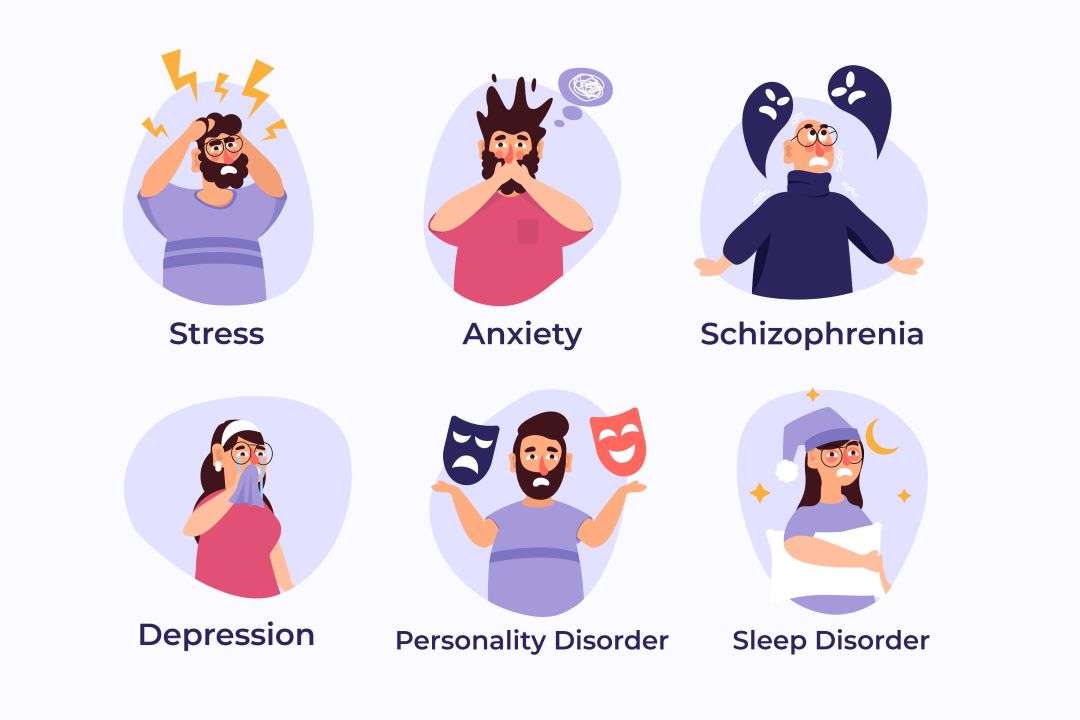Navigating Triggers at Work
The workplace is a dynamic environment where individuals from diverse backgrounds collaborate, bringing their unique perspectives and experiences. However, this diversity also means that people may have different triggers—events or situations that evoke strong emotional reactions. Navigating then at work is crucial for maintaining a healthy and productive professional environment. In this blog, we’ll explore the concept of what is a trigger, their impact in the workplace, and strategies to navigate them effectively.
What are Triggers?
Triggers are stimuli that elicit emotional responses based on past experiences, beliefs, or personal history. In a work setting, a trigger can range from challenging assignments and tight deadlines to interpersonal conflicts or performance evaluations. Recognising and understanding these triggers is the first step towards emotional resilience.
Their Impact in the Workplace:
An unchecked trigger can lead to stress, decreased job satisfaction, and strained relationships among colleagues. Understanding how to navigate triggers is essential, not only for individual well-being but also for fostering a positive and collaborative work culture.
How to Navigate Triggers at Work:
- Recognise Your Triggers: The first step is to understand what sets you off. Pay attention to situations, interactions, or tasks that evoke strong negative emotions like anger, anxiety, or sadness. Keeping a journal or reflecting on stressful moments can help you identify patterns and pinpoint your triggers.
- Understand Coping Mechanisms: Once you know your triggers, learn healthy ways to manage your response. Techniques like deep breathing, mindfulness exercises, or progressive muscle relaxation can help calm your body and mind in the moment. Having a trusted colleague or supervisor you can confide in can also offer emotional support and perspective.
- Practice Mindfulness: Engage in mindfulness exercises, such as deep breathing or meditation, to stay present and focused during challenging moments. Mindfulness can help you respond thoughtfully rather than react impulsively.
- Express Yourself Calmly: If a trigger involves interpersonal interactions, consider assertive communication techniques. Express your needs and boundaries clearly and calmly, focusing on the behaviour or situation rather than attacking the person. Open and honest communication can help prevent future triggers and build stronger relationships.
- Set boundaries: Don’t be afraid to set boundaries, both physical and emotional, to protect your well-being. If certain tasks or projects trigger you, advocate for adjustments or delegate them to others. Avoid excessive overtime or exposure to triggers beyond your control. Prioritize your mental and emotional health.
- Seek professional help: If your triggers are significantly impacting your work performance or overall well-being, consider seeking professional help. A therapist can equip you with additional coping strategies and support to manage your triggers effectively.
- Attend Workshops or Training: Take advantage of workshops or training sessions focused on emotional intelligence and resilience. Continuous learning equips you with additional tools to navigate them effectively.
- Debrief After Triggering Events: After a triggering event, take time to reflect on your emotions and reactions. Consider what you’ve learned and how you can approach similar situations differently in the future.


